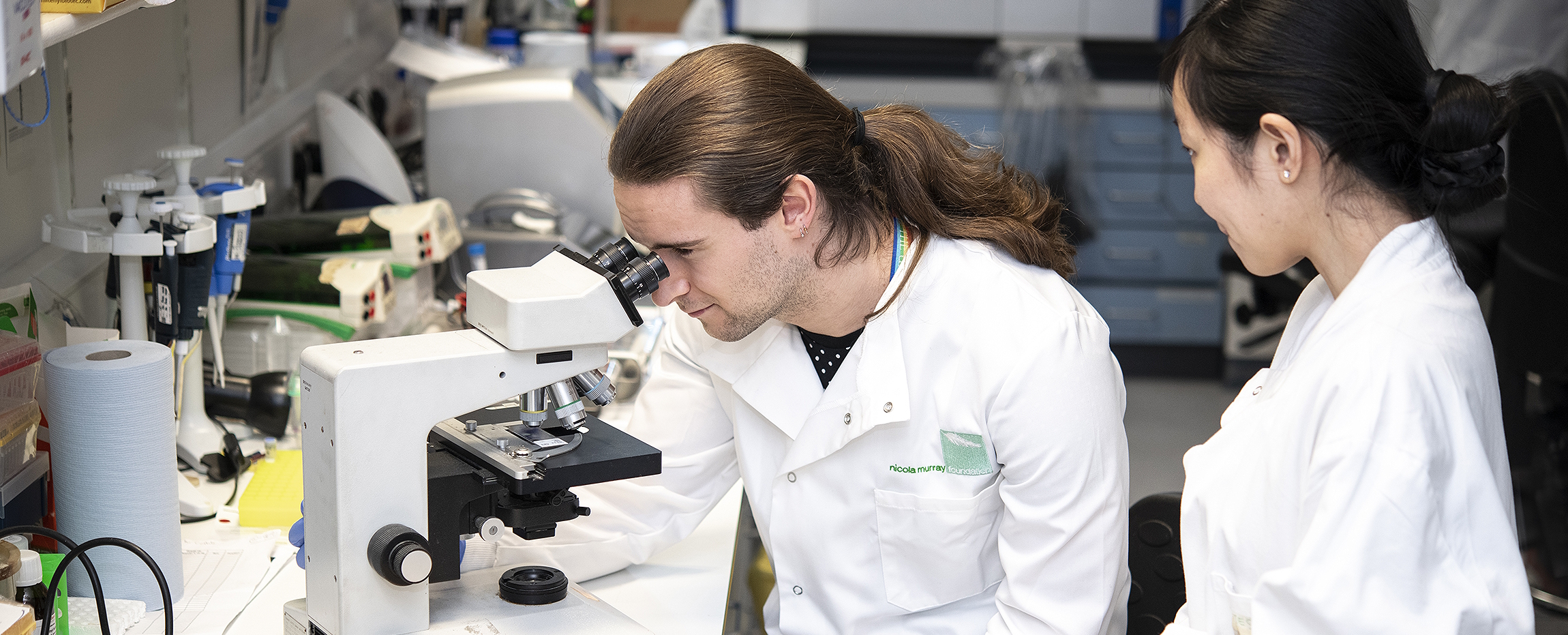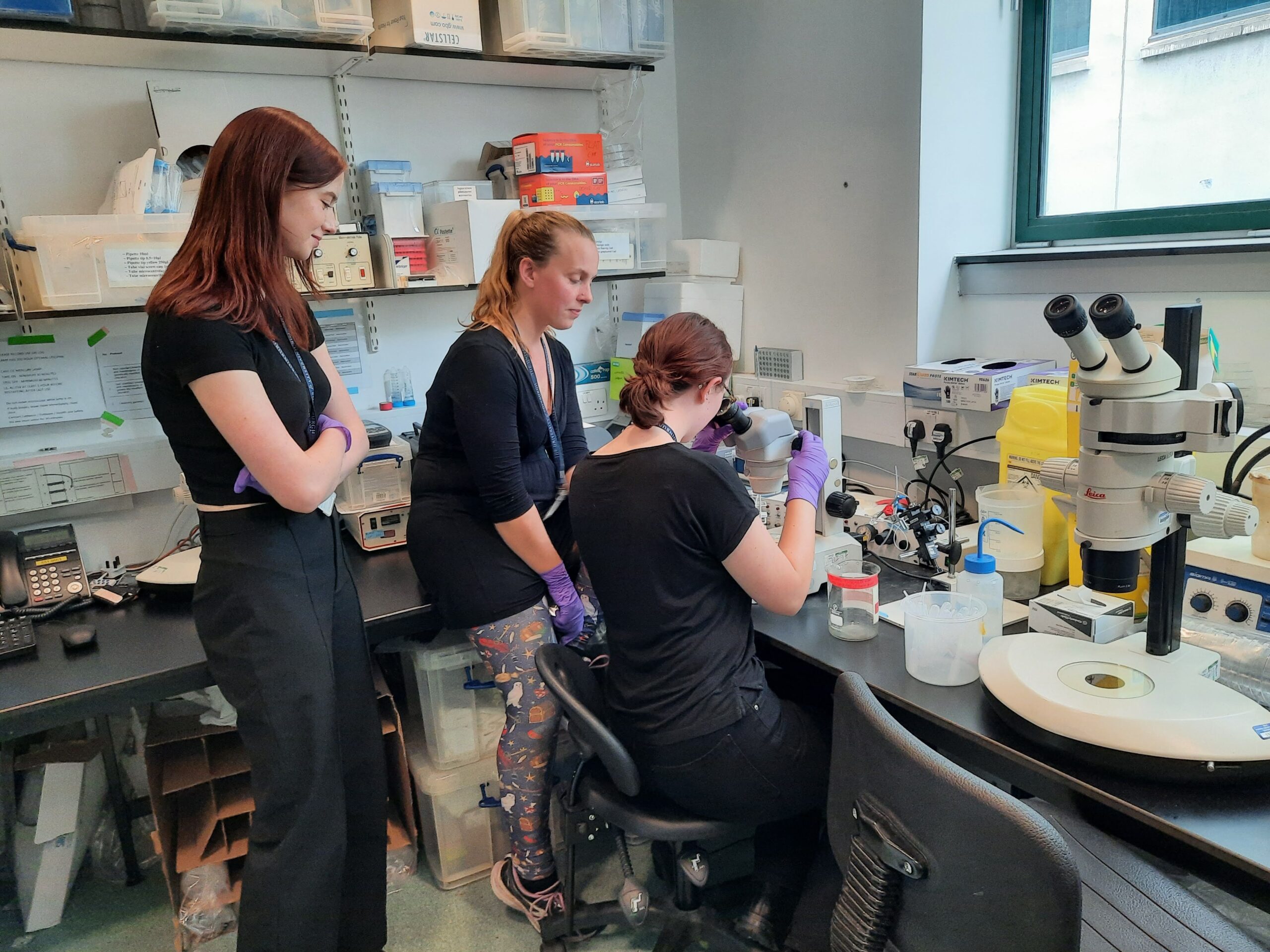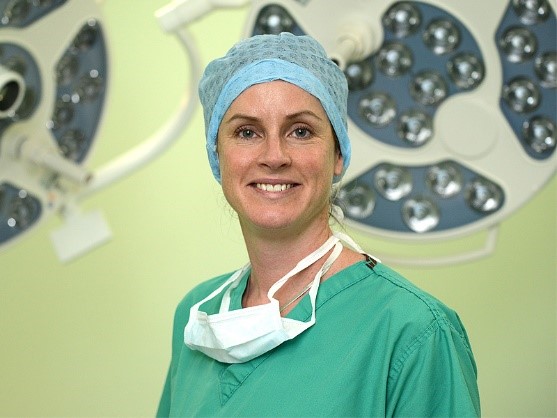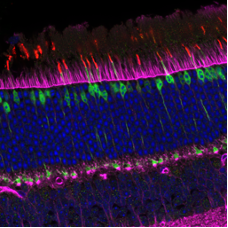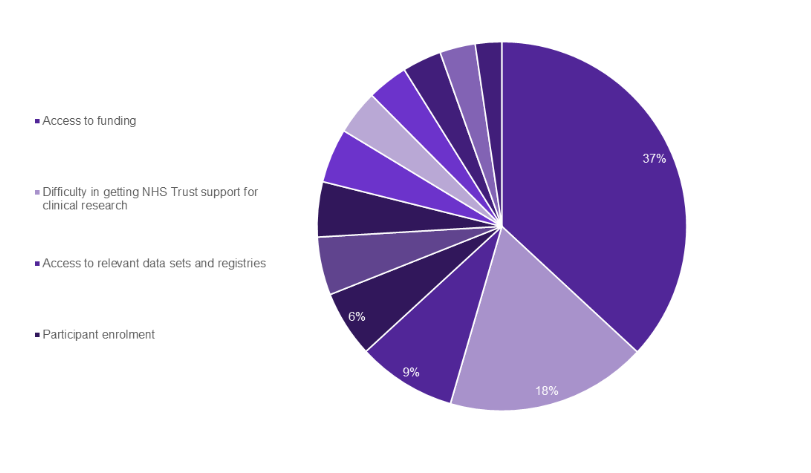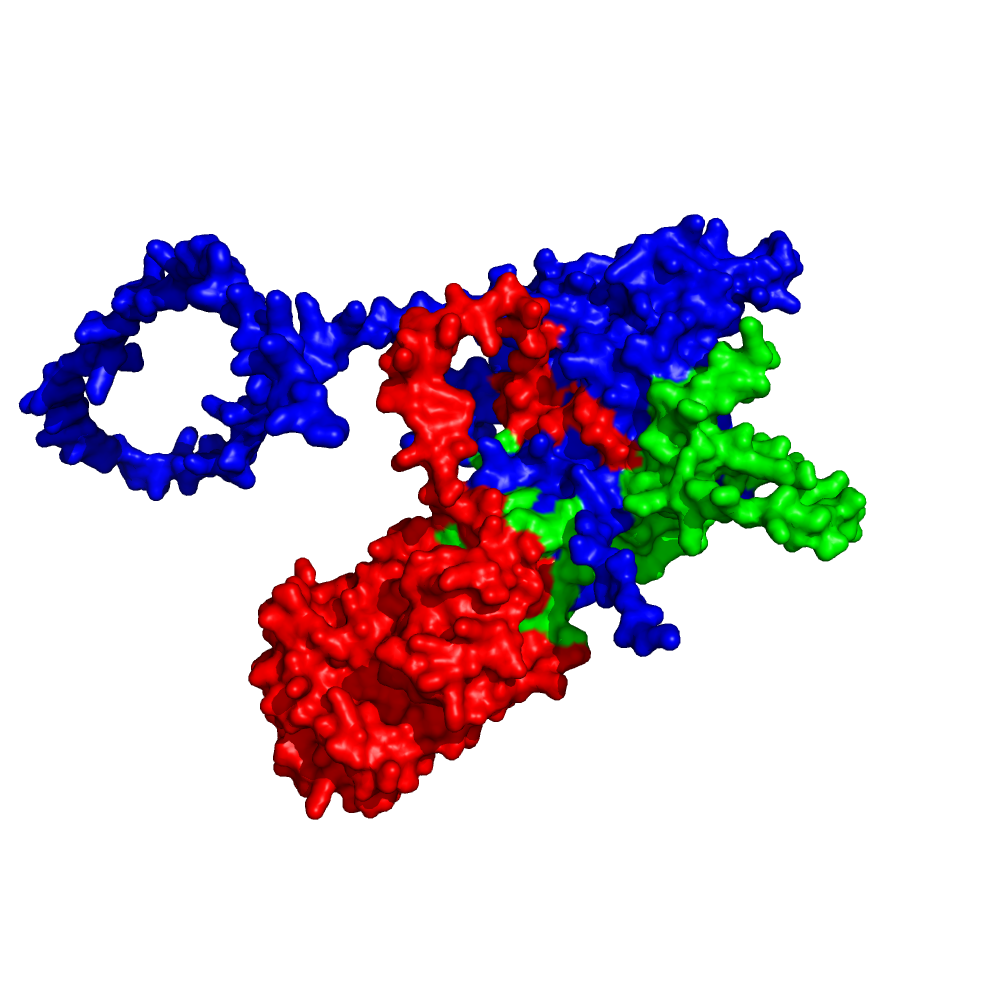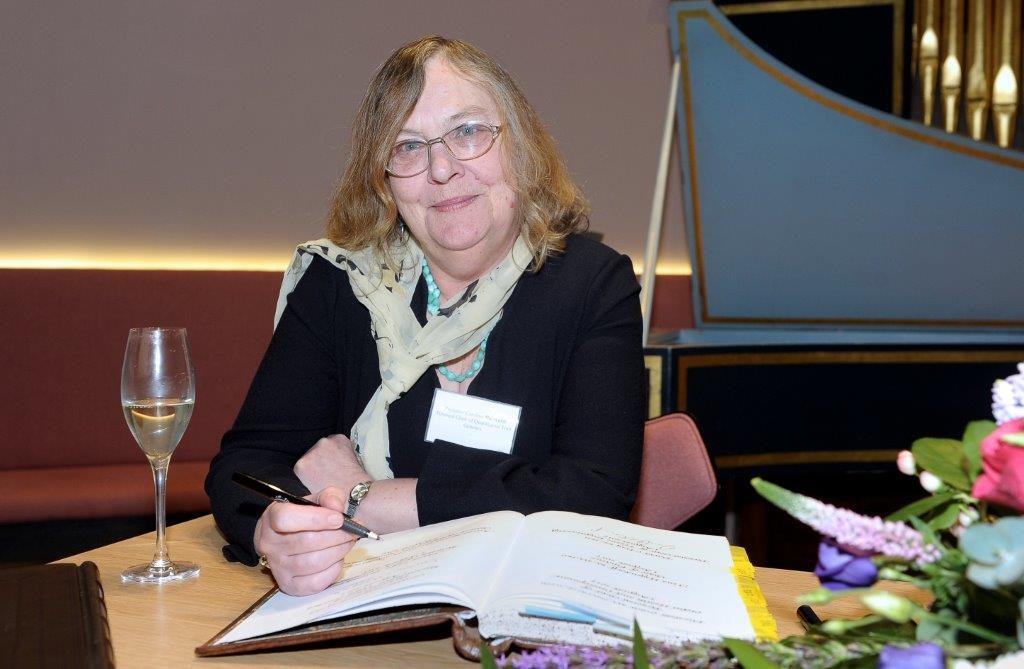Year: 2024
By Dr Robb Hollis Ovarian cancer ‘Ovarian cancer’ is really an umbrella term for a collection of different cancers that we detect at or around the ovary. While we used to think these all represented the same disease, we now know that there are multiple different types of ovarian cancer that each display unique clinical […]
Foundation Apprenticeships are a work-based learning opportunity, for senior phase secondary school pupils. It helps us build our skills for work and gives us a recognized qualification without a final exam at the end. Lasting 1 to 2 years, we began our foundation apprenticeship in S5 or S6. The pupils who opt in to do […]
Doors Open Day 2023 marked the first outing of our new public engagement activity at the Institute of Genetics and Cancer – the Dark Genome Fish. This project has been a fantastic collaboration between our research scientists, zebrafish facility staff and workshop and graphics teams. The result is a 4-foot model zebrafish (somewhat larger that […]
Rare diseases are defined by the European Union as a disease or condition that effects fewer than 1 in 2000 people within the general population. Despite their individual rarity the sheer number of rare diseases results in a much higher figure as 1 in 17 people in the UK will suffer from a rare disease […]
As a first-year PhD student with interest primarily in deciphering inner workings of cells and gene regulation, I have yet set foot outside my comfort zone MRC unit. Rare Disease Day offers a great opportunity to explore research on rare disease and cancer conducted in IGC. Brain tumors are collectives of abnormal cells that multiply […]
Above: Image by Chloe Brotherton, Pleasantine Mill’s lab A rare disease is defined as a disease that affects less than 1 in 2,000 people in the general population, which is the equivalent of 4 million people worldwide 1. To this day, around 6,000 different rare diseases are known 1. Although a single rare disease […]
Above: From the Government Rare Diseases Framework I knew precious little about rare disease before I started my PhD at the IGC. I was aware of the existence of rare disorders, and had heard the names of some of the better known ones, like cystic fibrosis and motor neurone disease. And that was about […]
Above: Comfy sofas for scientific discussions In September 2023, I began my 4-year MRC Human Genetics Unit (HGU) PhD journey at the Institute of Genetics and Cancer (IGC) in Edinburgh. Despite consistently nearly being blown away by the wind, I shall still head to the IGC for my experiments and PhD training. I am […]
Above: RNAse H2 structure, predicted with AlphaFold-Multimer. The visualization of interfaces raises questions on mechanisms of action, which can then be experimentally tested in the wet lab. Artificial Intelligence, or AI, is slowly starting to make its way into every aspect of life. In the increasingly data-driven field of Biology, tools like AlphaFold are […]
By Caroline Hayward and Shona Kerr Professor Caroline Hayward has decided to retire, after 45 years of service between the University and the MRC Human Genetics Unit. In January 2024 the Senatus Academicus conferred on her the title of Professor Emeritus. We wanted to learn about her career, so project manager Shona Kerr interviewed […]


